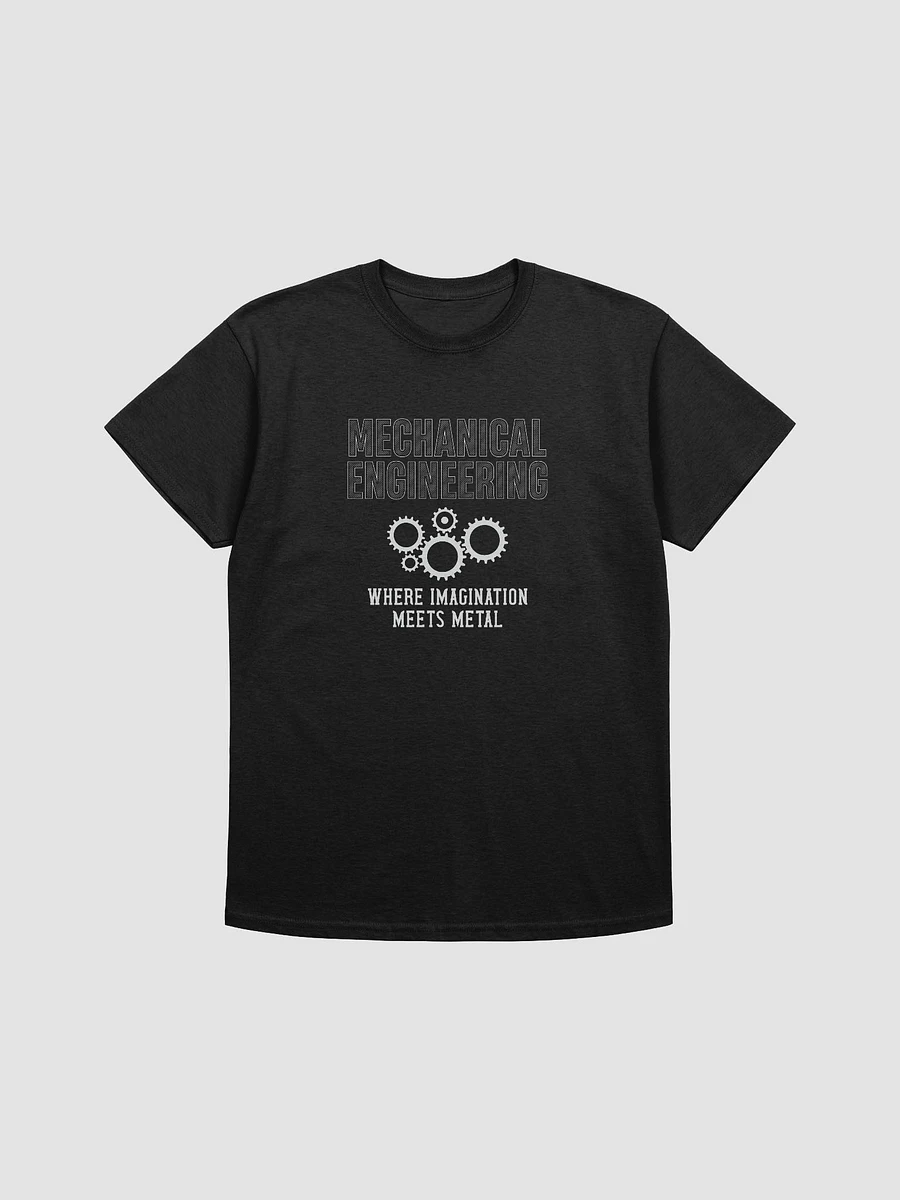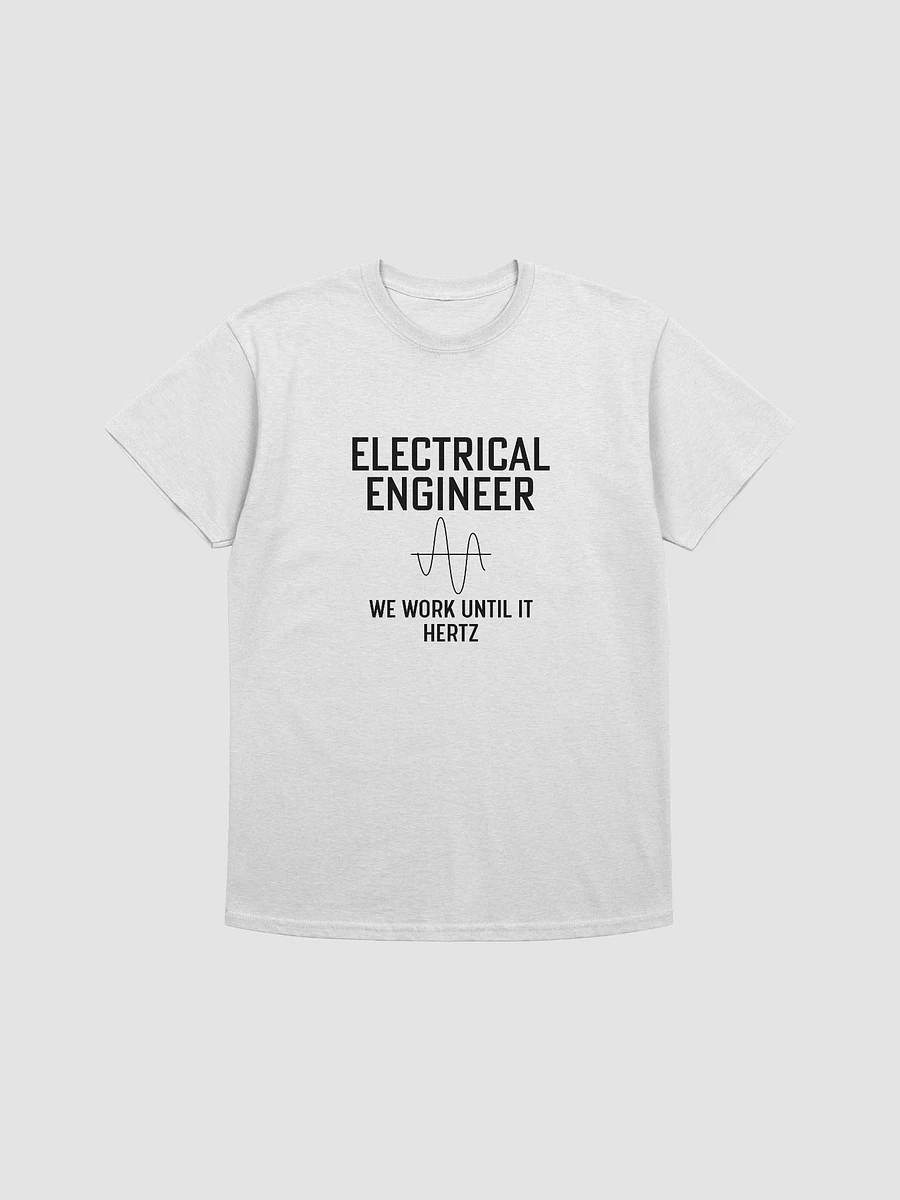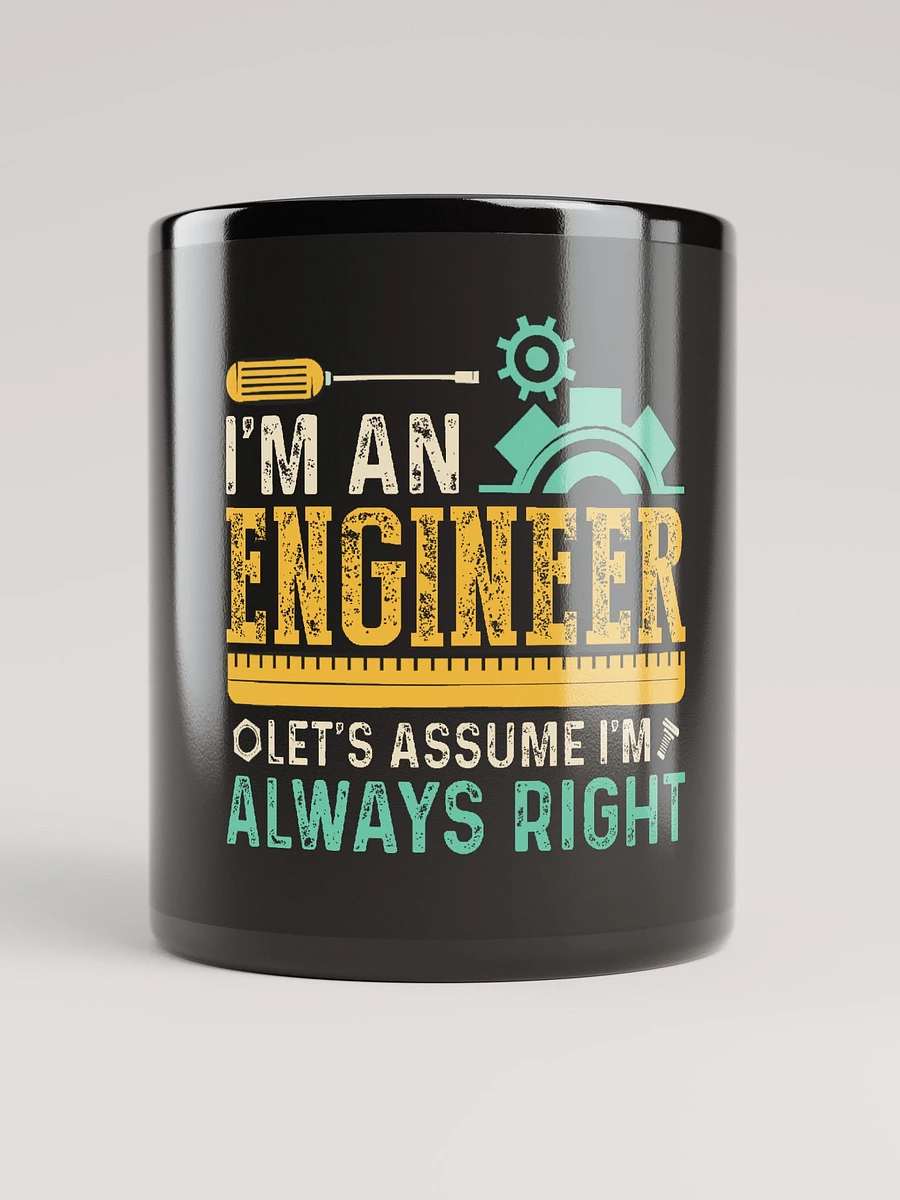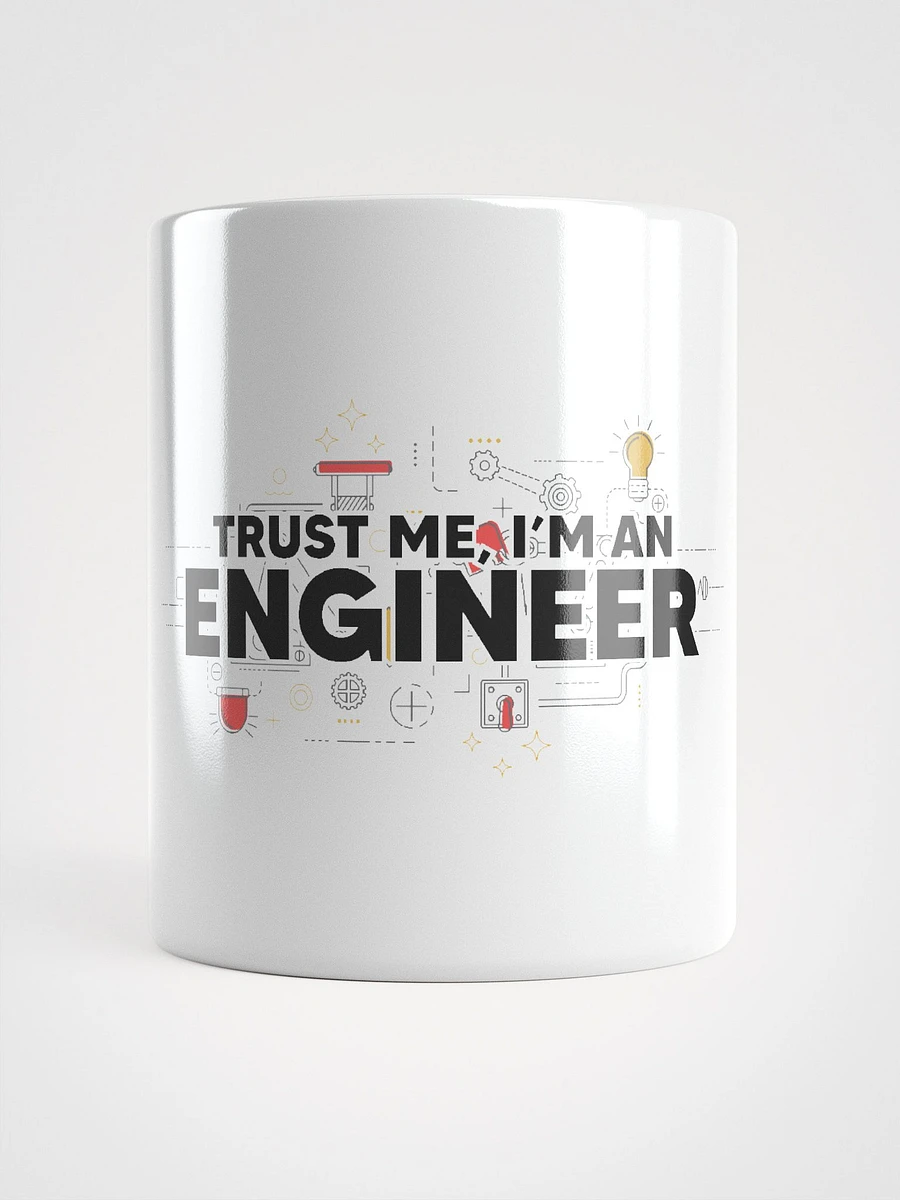- Engineer Pros
- Posts
- The future of engineering work, unlocking your genius, and getting to know people
The future of engineering work, unlocking your genius, and getting to know people
Also: Book recommendation, hot jobs, and more
INTERESTING ENGINEERING SHOP

Data, wisdom, and connection all in one place!
This is a fun newsletter, if I do say so myself.
We’ll dive into the data around the future of work in engineering.
We’ll help you find your zones of genius so you can do your best work and have fun doing it.
We’ll also help you connect deeply with others to build great relationships, which, by the way, is the #1 indicator of health, according to a Harvard study.
So jump right in!
In today’s newsletter:
How are things changing in the engineering industry?
Find your genius zones
How to know a person and be known
Hot jobs
Have you subscribed to our latest engineering newsletters? Sign up now for our essential weekly briefings for Mechanical, Aerospace, and Electrical engineers.
Reading time: 3 minutes

Did a friend forward this e-mail to you? Subscribe
IE+ SUPPORT INTERESTING ENGINEERING
Welcome to your access to content specially curated for engineers. Master the latest tools before they hit the mainstream. Network with fellow engineers, and stay updated with our enlightening weekly premium newsletters. Pro insights and industry intel are delivered weekly. - and it is Ad-Free. Subscribe here
Tips on improving your performance and productivity in the workplace bites and provides
MUST-READ
The Future of Work in Engineering and Architecture
Some of my friends over at the Engineering Management Institute have created an in-depth report based on a survey of hundreds of engineers and leaders in the AEC industry.
While this is specifically for those in civil engineering and architecture, I wonder if many of these same ideas and insights apply across industries.
Here are just a few nuggets of insight:
Companies with over 1000 employees experience significantly higher turnover than smaller companies.
Front-line technical professionals and managers are much more likely to leave their roles than company leaders. This represents a large gap in engagement among those at different points in their careers.
Career advancement is the highest motivator for switching jobs, with compensation as #2.
Younger engineers (<10 years) are more likely to consider working independently instead of in a firm. This has increased significantly in the last few years.
69% experience burnout, 63% say stress is affecting their health, and 56% say stress affects family/friend relationships, yet >70% say long hours are expected.
Most employees want to be evaluated on output, not hours worked.
Women report having higher levels of stress than their male colleagues.
There are many others, so I’ll let you go grab the report if you want to see the rest.
But it does make a few things clear—we have a long way to go to really improve workplace health, wellness, engagement, and retention.
Let’s all work to be part of the solution!
TRENDING ARTICLES
CAREER TIPS
Unleash the Genius Inside of You!
"What lies behind us and what lies before us are tiny matters compared to what lies within us." — Ralph Waldo Emerson
It’s time to find your genius zones.
Embarking on a journey to find your genius zones in an engineering career requires a blend of introspection, acknowledgment of natural gifts, reflection on life experiences, and recognition of acquired skills. This process is not just a pursuit of professional prowess but an exploration of the unique combination of inherent abilities, life-shaping encounters, and learned skills that make an engineer extraordinary.
Identifying natural gifts
Each of us is endowed with unique strengths and natural tendencies. These traits set us apart and often guide us toward certain paths. For instance, if math and science come naturally, as they do for many engineers, this can be a powerful clue to your natural gifts. Others naturally have gifts such as understanding others, diffusing tension, or seeing things from different perspectives.
What are your natural gifts?
Reflecting on experiences
We all have experiences that shape us into who we are. Reflecting on these experiences unveils capabilities we might overlook. Childhood experiences, family dynamics, and even overcoming challenges contribute to our distinctive approach to life and work.
Recognizing how these experiences make us unique and see the world differently can give us perspective on some of our greatest strengths.
What experiences have shaped you?
Leveraging learned skills
Skills acquired over the years, whether through formal education, work, or community involvement, form another cornerstone of our genius zones. Technical skills, such as data analysis or programming, and soft skills, like effective communication and leadership, are invaluable in crafting our unique approach.
What are the top skills you’ve acquired?
Once these three elements are identified—natural gifts, experiences, and learned skills—a powerful exercise is to create a Venn diagram with three intersecting circles, experimenting with various inputs from your three categories. This visual representation helps to identify the points of intersection, where the magic happens. It's in the convergence of these elements that we find our genius zones—those areas where our innate abilities harmonize with experiences and skills to create something truly exceptional and unique.
Utilizing genius zones in your career
For engineers, this might mean uncovering a genius zone where technical proficiency aligns seamlessly with a passion for problem-solving or teaching. The goal is to identify a sweet spot where your unique blend of talents, experiences, and skills can be harnessed to deliver unparalleled impact in your career.
Finding and living in your genius zones is not just an aspiration; it's a commitment to doing your best work. As you unlock these zones, you pave the way for innovation, fulfillment, and a career that resonates with purpose. So, engineers, embrace the challenge of finding your genius zones and allow your uniqueness to become a catalyst for extraordinary achievements.
HOT JOBS OF THE WEEK
> Senior Systems Engineer - Product Owner at Thales (Apply)
> Expert Network Engineer at Nestlé IT (Apply)
> Principal Engineer at Progyny, Inc (Apply)
> Java Software Engineer at KUBRA (Apply)
 | Engineer of the WEEK 1856 - 1915  Engineer - Inventor |
Nikola Tesla, born on July 10, 1856, in Smiljan, Croatia (then part of the Austrian Empire), was a brilliant and enigmatic inventor, engineer, and futurist. He immigrated to the United States in the late 19th century and quickly gained recognition for his innovative work in electrical engineering. Tesla's contributions include the development of alternating current (AC) electrical systems, numerous inventions related to electricity and magnetism, and pioneering work in wireless communication. Despite his incredible accomplishments, he faced financial challenges and spent his later years in relative obscurity, but his legacy as one of history's greatest inventors endures, with his name associated with countless technological advancements and the Tesla electric car company bearing his name in the 21st century.

Is your cloud storage provider prioritizing privacy and security?
In a world where data breaches and cyber-attacks are becoming more frequent, securing your files and sensitive information is crucial.
That's why secure cloud storage is more important than ever before, especially if you're using it to store sensitive information. And that's precisely where Internxt comes in.
📚 BOOK RECOMMENDATION
As David Brooks observes, “There is one skill that lies at the heart of any healthy person, family, school, community organization, or society: the ability to see someone else deeply and make them feel seen—to accurately know another person, to let them feel valued, heard, and understood.”
And yet we humans don’t do this well. All around us are people who feel invisible, unseen, and misunderstood. In How to Know a Person, Brooks sets out to help us do better, posing questions that are essential for all of us: If you want to know a person, what kind of attention should you cast on them? What kind of conversations should you have? What parts of a person’s story should you pay attention to?
Driven by his trademark sense of curiosity and his determination to grow as a person, Brooks draws from the fields of psychology and neuroscience and from the worlds of theater, philosophy, history, and education to present a welcoming, hopeful, integrated approach to human connection. How to Know a Person helps readers become more understanding and considerate toward others, and to find the joy that comes from being seen. Along the way it offers a possible remedy for a society that is riven by fragmentation, hostility, and misperception.
The act of seeing another person, Brooks argues, is profoundly creative: How can we look somebody in the eye and see something large in them, and in turn, see something larger in ourselves? How to Know a Person is for anyone searching for connection, and yearning to be understood.
Additional Reads
🚨 The Blueprint: IE's daily engineering, science & tech bulletin.
⚙️ Mechanical:Explore the wonders of mechanical engineering.
🛩️ Aerospace: The latest on propulsion, satellites, aeronautics, and more.
🧠 AI Logs: Insights into the intricacies and developments within the realm of artificial intelligence.
🎬 IE Originals:Weekly round-up of our best science, tech & engineering videos.
🟩 Sustainability: Uncover green innovations and the latest trends shaping a sustainable future for the tech industry.
⚡Electrical: From AI to smart grids, our newsletter energizes you on emerging tech.
🎓 IE Academy: Master your field and take your career to the next level with IE Academy
Want to share your feedback? [email protected]















